Isaac Zamora: A Life Changed by Santa Barbara City College
Today, He Is a Therapist and Counselor to Young People Struggling to Change Their Lives

Branded Content Presented by Santa Barbara City College Office of Communications
As a teenager, Isaac Zamora never imagined himself attending a four-year university. “I just never thought that I could do that,” he confessed. Zamora grew up in an alcoholic household with little guidance from authority, especially when it came to higher education.
Despite this, Zamora wanted to give college a shot. So, he applied to Santa Barbara City College (SBCC), and even though he knew they’ll take almost everyone, he felt a sense of accomplishment when his acceptance came in the mail. “I just never thought that I would get into any college, even a community college.”
As a teenager, Isaac Zamora never imagined himself attending a four-year university. “I just never thought that I could do that,” he confessed. Zamora grew up in an alcoholic household with little guidance from authority, especially when it came to higher education.
Zamora fell into his old ways during the first year and a half at SBCC. He drank all the time, failed all his classes, and ran into trouble with the law. He got arrested four times in a year and got a DUI, a misdemeanor, and a felony. One day, he woke up in jail and realized things had to change. “I just thought I was going to be locked up forever,” he recalled.
However, in 2016, he was able to turn his life around by using SBCC’s resources. He started attending recovery meetings, moved into sober living housing just down the street from SBCC, and worked part-time while attending school full-time. Zamora went to SBCC’s Disability Services and Programs for Students (DSPS), qualifying for extra help with his studies and tests. He also sought the help of the Extended Opportunities Programs and Services (EOPS).
His most impactful resource was the Centers for Equity and Social Justice, a program to support students from marginalized and underrepresented backgrounds. With the help of program director Roxane Maiko Byrne, PhD, he began volunteering with the Equity Program, and eventually worked for them.
Once back on track, Zamora experimented with different majors, but when he enrolled in Introduction to Psychology, a sense of clarity dawned. He started applying the psychological concepts he was learning to gain a deeper insight into his past struggles with addiction and unhealthy behaviors. “It just clicked in my head and it brought some relief to my life, because I felt like I wasn’t crazy for everything that I went through.” He then realized that he could help others with his experiences at SBCC and decided to pursue a career in psychology. By 2019, Zamora had turned his straight-F transcript into straight A’s and graduated from SBCC with an AA in Psychology.
One visit to UCLA’s campus was all it took for him to fall in love. He applied and was accepted. Despite his first year and a half of transcripts showing straight failures, he believes that his eventual triumph, turning his life around, impressed admissions. “I had a story to go with my transcripts,” he said.

At UCLA, he received a bachelor’s degree in psychology and double minored in Central American and Chicano/a/x Studies and African American Studies. Now 28 years old, Zamora just graduated from Pepperdine University with a master’s in Clinical Psychology with an emphasis in Marriage and Family Therapy for the Latino/a/x community.
Today, Zamora is a program coordinator and associate therapist at Freedom 4 Youth, an organization offering guidance and support to youth impacted by the criminal legal system. He wears several hats at the organization, but his main goal is to inspire kids to be their true selves.
Every Friday at Freedom 4 Youth, Zamora leads a boys’ group with his colleague, going bowling, watching movies, or just hanging out. It’s really about letting “kids be kids,” he said.
Zamora also serves as a bereavement counselor with Hospice of Santa Barbara, where he sees a pattern of kids going down the wrong path following the death of a loved one. He not only counsels them in their grief, but also works with the young people to “build trust and respect.”
“One thing that I always tell these kids from the beginning is that I’m not here to change them,” he shared. “And I’m not here to tell them what to do. I’m just here to show them who they are and who they really want to be. Whoever that is, that’s up to them.”
Zamora sees reflections of his own past and his community in these young people and works to help them recognize their true value. He wants them to know that “they’re not criminals, not outcasts to society, not unloveable, not pieces of shit. They can be anything they want to be in this life.”
This is precisely what Zamora, a first-generation Mexican-American, had to constantly remind himself during his early college years. “I was super alone, and felt, like, super isolated,” he said. However, at SBCC, he was able to build a close-knit community where he felt the support of his peers pushed him to be the best version of himself.
“I don’t think I could have made it through if I didn’t have the community and the resources that they have at City College,” he reflected. “It really felt like a family there.”
This article was paid for by Santa Barbara City College. For more information on Santa Barbara City College and the hundreds of programs they offer, visit sbcc.edu or (805) 965-0581. If you are an SBCC alumni please join SBCC Alumni Connect at sbccfoundation.org/alumni.

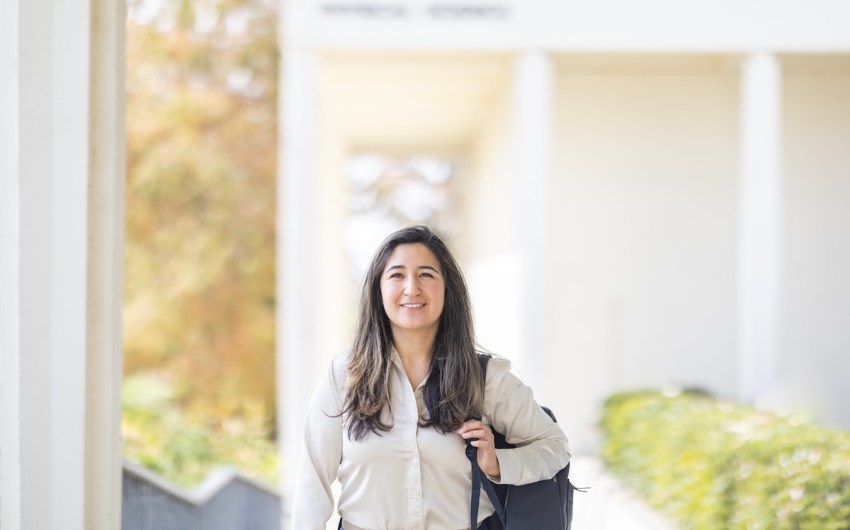
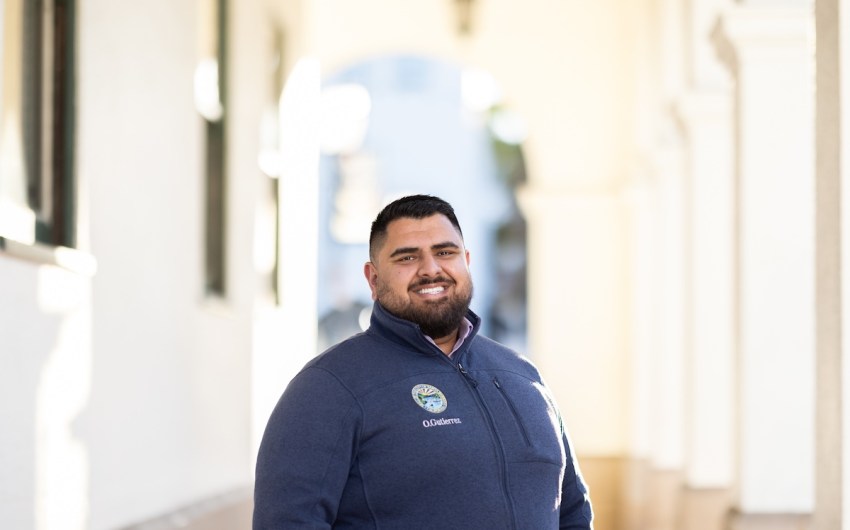
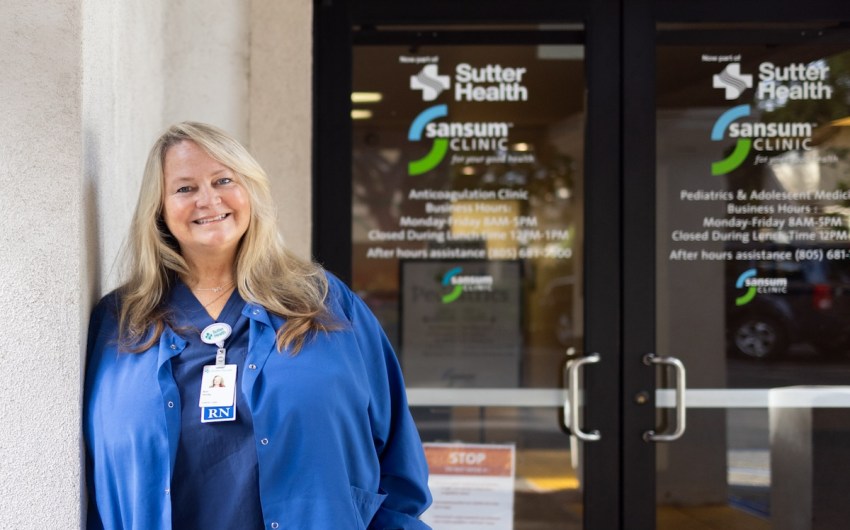


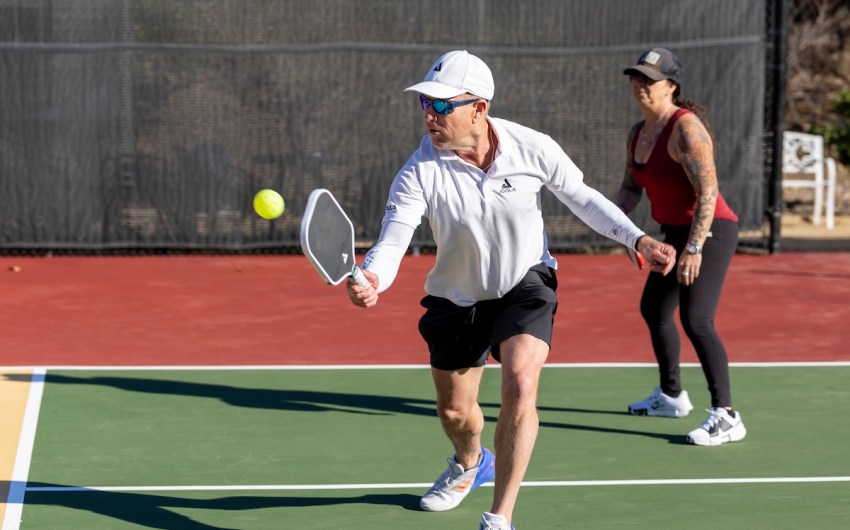

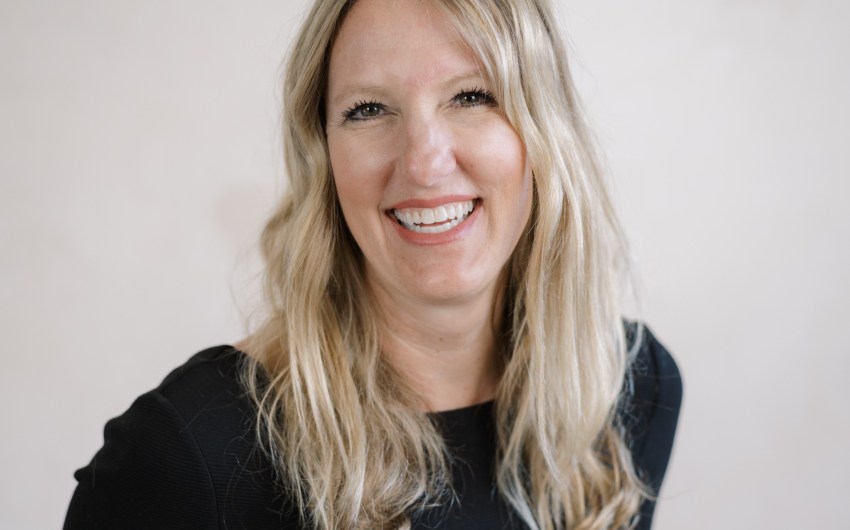



You must be logged in to post a comment.